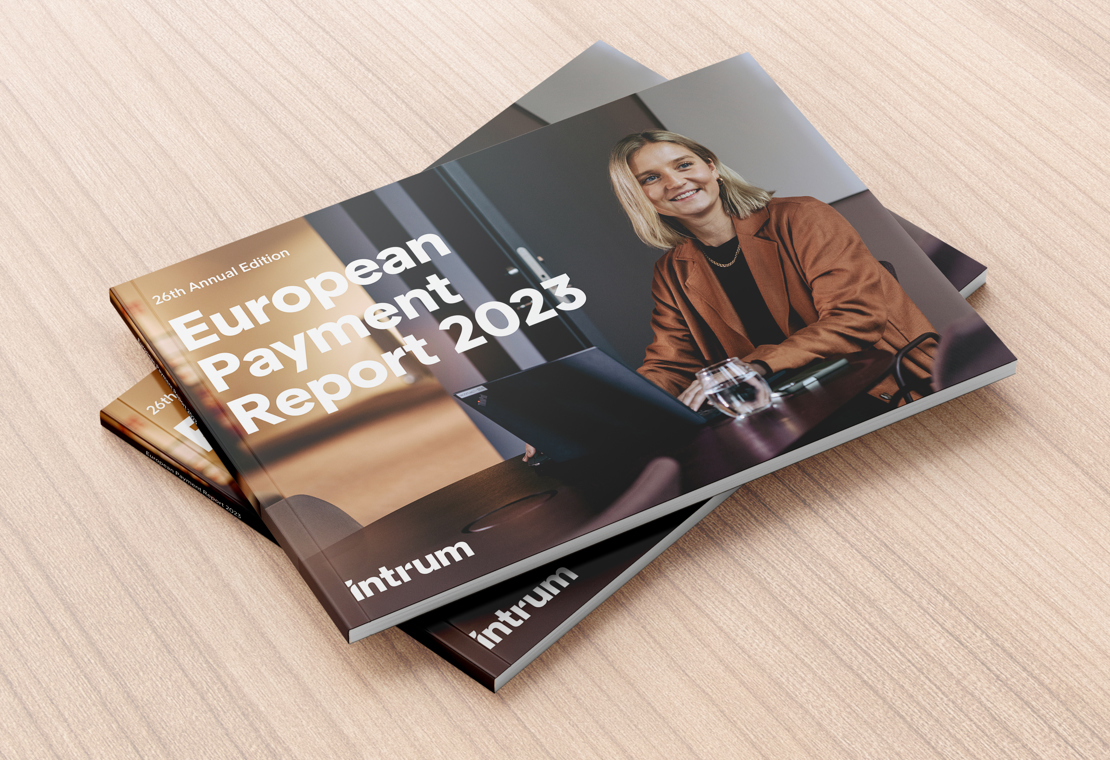Six tips from companies that always get paid on time
Some companies have high credit losses, while others always get paid on time. What does it take? Benjamin Asplund, Global Commercial CMS Director at Intrum, shares tips from the most successful.
According to the 2023 European Payment Report by Intrum, there has been a significant increase in the number of SMEs being requested to accept longer payment terms. The report reveals that in 2023, a staggering 83% of SMEs have been asked to accept payment terms that make them uncomfortable, compared to 81% in 2022 and 78% in 2021.
Surprisingly, about half of all SME businesses (51%) have reluctantly accepted these terms to avoid jeopardizing their customer relationships. This highlights the growing pressure on SMEs to adapt to these unfavourable payment conditions in order to maintain positive business connections.
Here are our six top tips for success:
-
Create and implement a credit policy
A claims and credit policy is a procedure that clarifies how you do business with your customers. It tells you what information you need about the customer, when to perform credit checks and what general procedures you should follow when it comes to invoicing, reminders and claims. A policy that is implemented helps you only give credit to customers who can handle it. -
Check creditworthiness, even of existing customers
Running a credit check on new customers reduces the risk of payment problems, but this should also be done for existing customers. These often account for the biggest credit losses, so make credit monitoring an ongoing process rather than a one-off event. If their ability to pay deteriorates, you can take action immediately. -
Be clear
The most common reason customers don't pay an invoice is a lack of clarity. Ensure you have a clear agreement with the customer on what is to be done and how it is to be paid. Make sure that the invoice is clear, that it states the penalty interest you will charge if the customer does not pay on time and that you will charge a reminder fee if payment is delayed. -
Send a reminder...
If a payment is late without any information from the customer, send a reminder and then take prompt action. Repeated reminders rarely increase your chances of getting paid, and mean you are extending credit to the customer unnecessarily and at cost to your business. -
...but take care of your customers
If a customer has not paid, find out why. Sometimes there may be good reasons and a solution can be found. If the customer is experiencing short-term payment difficulties, perhaps they can spread the payment over three months? This will increase your chances of recovering the full amount, and hopefully you will have a happy and grateful customer who will stay longer and recommend you to others. -
Get help
If invoices aren’t being paid, consider passing the account to a debt collection agency. They have expertise and specialist resources to work with your customer to secure payment. A reputable agency will take good care of your customer and your relationship will not be damaged.



